In July 2019, the Catholic Bishops’ Conference of the Philippines (CBCP) published its Pastoral Letter on Ecology. It is the eighth in a series of statements that Filipino bishops have released in the past three decades, and considered an important statement by the ecclesiastical body on the realities of the climate emergency.
The pastoral letter also served as a guide for implementing the messages of the Laudato Si’ in the Philippine context. In this document, the bishops outlined a set of 13 ecological actions for the Catholic community to do to embody the spirit and principles of Pope Francis’s encyclical.
Among these actions are the following: minimizing material consumption and waste, especially plastic and paper; protecting indigenous biodiversity and expanding forests; taking care of oceans and fisheries; pushing for a just transition to safe, clean, and affordable energy; divesting financial resources away from fossil fuels and other destructive extractive projects; integrating Laudato Si’ into Catholic educational strategies; and strengthening adaptation and disaster risk reduction management programs.
It has been four years since the CBCP issued this document. How have the Philippine dioceses shown leadership in turning the vision of the Pastoral Letter on Ecology into concrete actions?
Good practices
Caritas Philippines reports that at least 25 dioceses have fully functional Ecology Desks as of November 2021. These either are established as separate offices or have placed their mandates within the office of the diocese’s Social Action Center (DSAC).
One of the most active DSACs in the Philippines is found in San Carlos City, Negros Occidental. The office, called “Lunhaw”, acts as the central repository of information on ecological activities, programs, and campaigns of dioceses within most of Western Visayas.
Its head Gerado Alminaza has been arguably the most outspoken bishop in the Philippines, taking a strong stance on issues such as just energy transition, divestment, and human rights. The diocese played a key role in persuading the Provincial Government of Negros Occidental to declare the province coal-free in 2019, with Alminaza also among the leaders in multisectoral campaigns against further financing fossil fuel expansion in the country.
The presence of the Catholic leadership became even more vital during the COVID-19 pandemic, as many communities struggled to maintain a sense of normality and security amid the lockdowns. In Caloocan, an urban agriculture initiative was launched in August 2020 to promote gardening within households.
Led by current CBCP President and Bishop Pablo Virgilio David, the diocese opened a demonstration farm that would offer training workshops and seminars to nearby parishes and communities. The program also teaches participating entities about food self-sufficiency and sustainability through practices such as using plastic containers to grow vegetables.
The situation in Pagadian, Zamboanga del Sur also shows how the local diocese provides much-needed support for the community. It has been running a sustainable agricultural program for more than three decades, training farmers on different organic farming methods that has led to the development of their own variety of rice species.
Yet the social realities in the region are hindering the capacity of farmers to pursue development. Most of them do not own their lands, with a notable lack of government support to promote organic farming methods. These make it difficult to maintain the sustainability of the diocese’s agricultural program and the local agricultural sector itself, with many young people lacking interest in working within it.
Challenges
While these gains by faith-led initiatives are notable, there still remains a lot of work that needs to be done for the Philippine dioceses to fully embody the Laudato Si’, as stated in its 2019 Pastoral Letter. Most of the nation’s 86 dioceses still lack a functioning Ecology Desk, which points to the need for further capacity-building among dioceses and parishes for their establishment and operationalization.
There also lies the challenge in enabling the divestment of Catholic assets from funders of destructive extractive activities. This commitment is not just stated in the 2019 Pastoral Letter, but also on its 2022 Pastoral Letter where a full divestment by 2025 was formally pledged.
Upon the dialogues of many faith-based civil society groups with bishops and their subordinates, it became apparent that many dioceses still lack knowledges and capacities for implementing divestment. They are also seeking better understanding and more concrete options regarding where to reinvest institutional assets to ensure the continuation of their programs and activities.
On this matter, it is important for the CBCP to partner with civil society groups, sustainability experts, and other communities to enhance their capacities to execute a full divest-invest process. This approach is also needed for a more faithful implementation of the 13 ecological actions and live up to the messages inscribed in the Laudato Si’. A more comprehensive stocktaking of the dioceses’ progress on their respective ecological actions would also help resolve said issues.
As the ecological crisis continues to impact our lives and environment, the role of the Philippine Catholic leadership for addressing it becomes even more significant. It is our shared hope that both words and faith can be effectively translated into actions for the sake of our Common Home and all life in it.
John Leo is the Deputy Executive Director for Programs and Campaigns of Living Laudato Si’ Philippines, a member of Aksyon Klima Pilipinas, and the Youth Advisory Group for Environmental and Climate Justice under the UNDP in Asia and the Pacific. He is a climate and environment journalist since 2016.

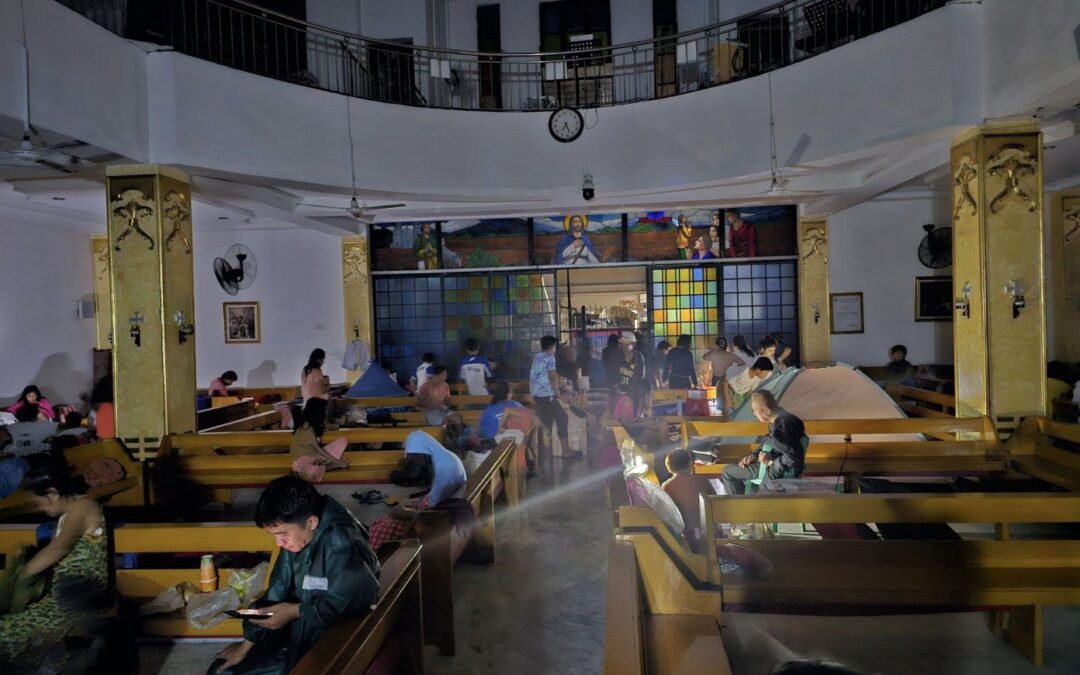
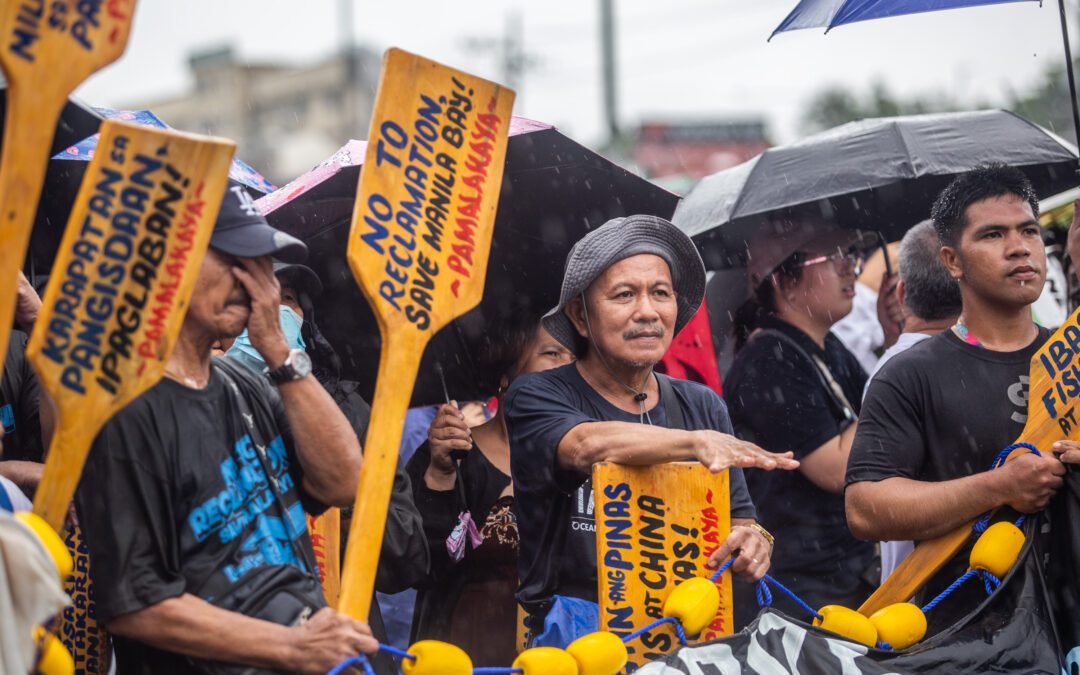
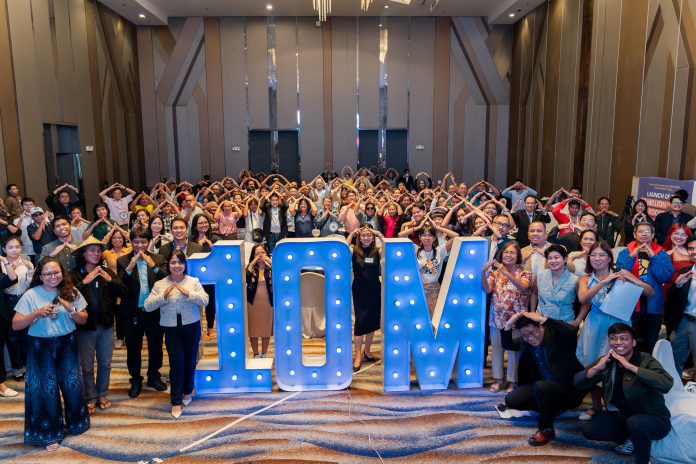
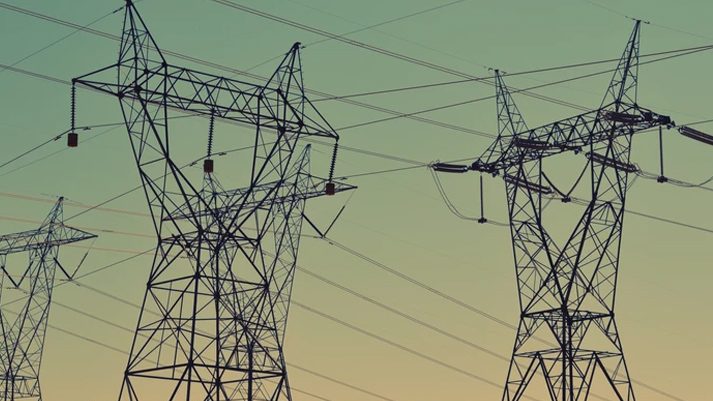
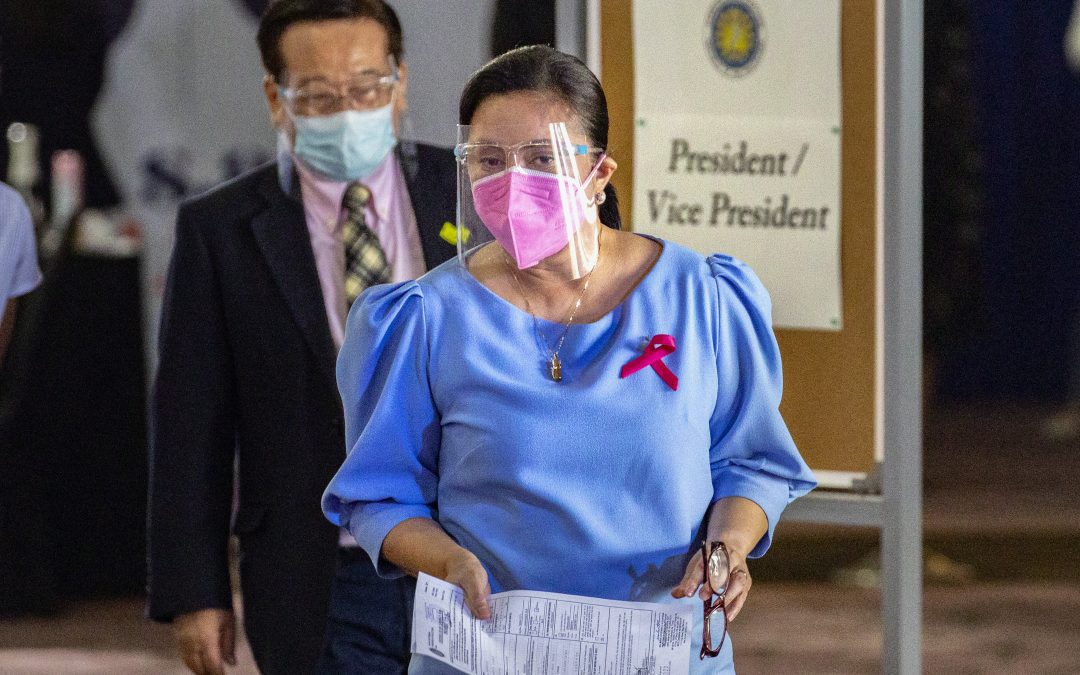
0 Comments